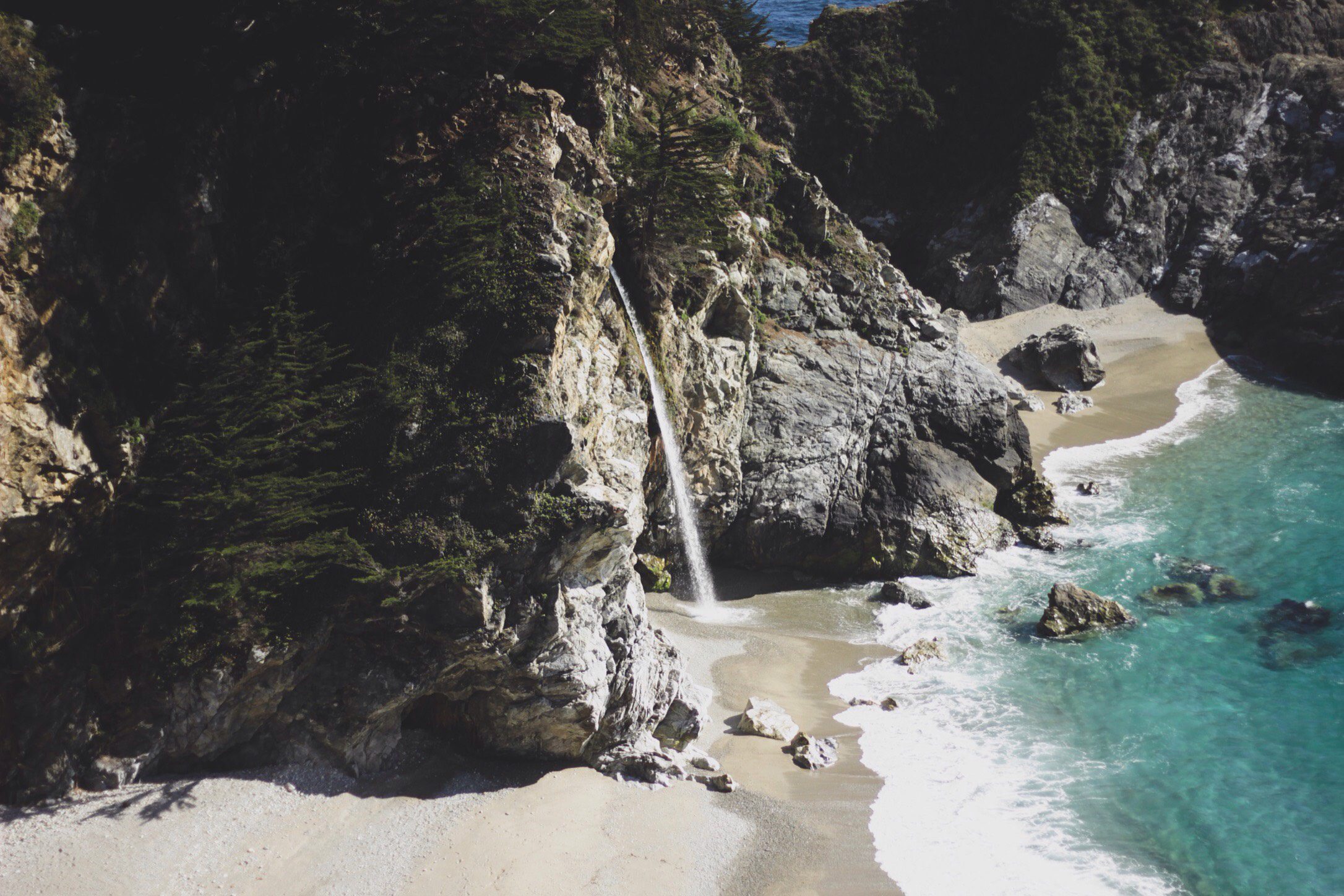Ask Oli: Weekly training, altitude and what’s next?
Oliver Evans earns some time off after hours spent in the saddle and racing at altitude

by Oliver Evans

How far do you typically ride in a week?
Taz McCabe, Modesto, California
I base my training off of duration, so my rides are focussed on time rather than distance.
Lately, I’ve been riding around 18 hours a week. This is slightly less than the amount I’d be riding if there wasn’t any racing going on. Once racing starts, I spend my time trying to maintain a level of fitness between races, but the training is generally less intensive or voluminous. This is to accommodate recovery and promote freshness for races.
In an 18 hour week, I’ll ride around 500 km. To give you an idea of what April looked like, I rode 2,233 km in 71 hours; which averages out to about 17 hours and 520 km per week.
Could you feel the altitude at the Tour of the Gila?
Jenna Daugherty, Tucson, Arizona
Absolutely.
I was fortuitous in that I had the opportunity to spend a week in Silver City to acclimate before the race started. I’m still not quite sure how great an effect 1,800 m has on the body, but over the first few days, I was very tired. I attributed my fatigue to the elevation, but I’m sure I should also credit the intense training camp I had just completed with the team in Tucson.
By the time the race started, I figured I’d be okay. Granted, a week is not enough time to truly acclimatize, I figured that in terms of relativity, 1,800 m isn’t that high and perhaps it shouldn’t have that great of an effect. I think I was wrong. Besides, 1,800 m is a lot higher than sea level which is where I reside.
A pretty violent combination of breathing inhibitors hit me hard on the first stage. The pollen count was extremely high, and my allergies combined with the altitude absolutely wrecked me. My eyes were swollen and teary after the first stage and I sneezed for five days straight. It sucked. I could not breathe up the Mogollon (10 km climb) at the end of stage one. The allergies made recovery impossible, as my body essentially shut down.
These may seem like some pretty solid excuses to suck at that race, but I’m simply stating facts. Without the allergies, I would have suffered regardless. The race was hard and I’m not yet anywhere near the level to compete with those guys with or without a windpipe. This just made it a little worse.
What’s next?
Terry Macyk, Winnipeg
Now that Redlands is over, I’m slowly making my way home while I take a quick break. I’m taking a few days to drive with a friend and see some of California and the Pacific Northwest without a bike, before I hop back on and start training at home. I get around 10 days of training in Victoria before heading to Winston Salem in North Carolina with the team.
Oliver Evans is a 19-year-old cyclist from Winnipeg, who is currently based in Victoria. He races on the road with H&R Block Pro Cycling.
